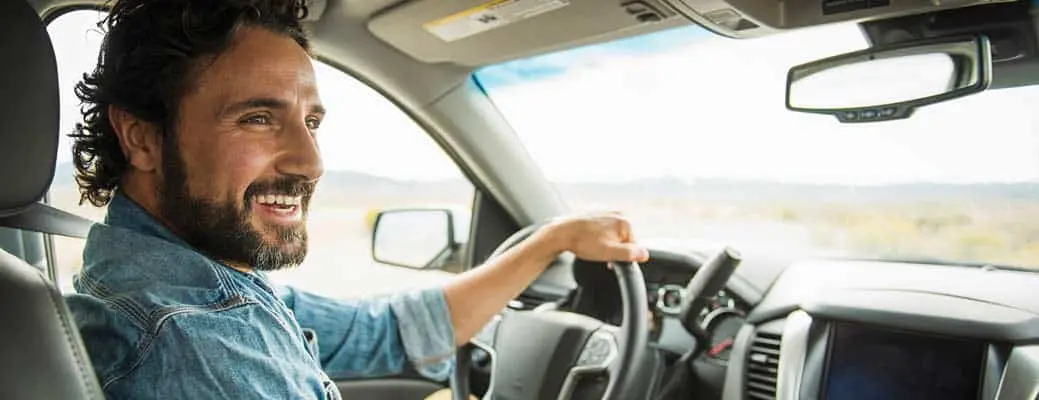How Do Car Insurance Claims Work? Your Guide to the Claims Process.


When making an insurance claim on your car it’s important to have the right information and documentation at hand. Here’s what we recommend as you start the claims process.
Follow these steps when making an insurance claim.
Depending on what sort of auto insurance you have, your coverages can vary.
Liability insurance provides coverage when you cause damage to another person’s property or injury to another person with your car. Keep in mind, this coverage doesn’t pay for the damage to your car or your own personal injuries.
This coverage covers the cost of repairs to your car resulting from a collision with another vehicle or other object.
With comprehensive coverage, your car is protected if something other than a collision caused damage. This can include things like a fire, theft, hail, vandalism, animal and more.
This differs based on your state, but medical expenses can be partially or completely covered depending on your specific policy coverage and dollar limit.
This coverage can protect you when the other driver involved in the collision doesn’t have adequate car insurance. This protects you and your passengers if physical injury is caused by the uninsured or underinsured driver.
After you file your claim, keep in mind you will have to pay your deductible which will be subtracted from the total amount for repairs. Car insurance companies pay out claims either to the policy holder, or they may pay the auto repair shop directly. If you have a loan on your vehicle, they may require the payment include that bank.
If your car is totaled, the insurance company will pay what the car’s cash value was, minus the deductible on your policy. Keep in mind, after an accident it’s possible your car insurance rate may increase, and is based upon several things that may include whether you were found to be at fault and the payment amount for damages.
If you have questions about your auto insurance coverage, or want to explore your auto coverage options, connect with a local Farm Bureau agent.